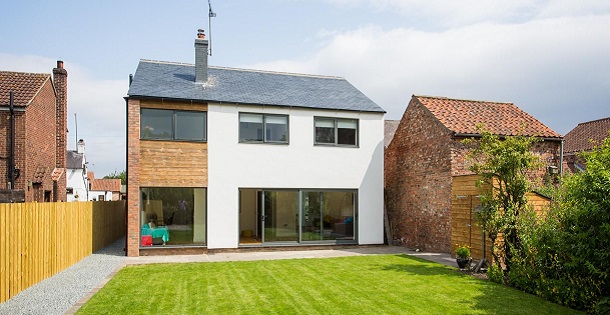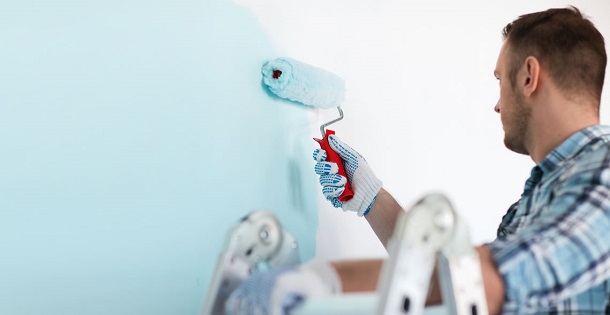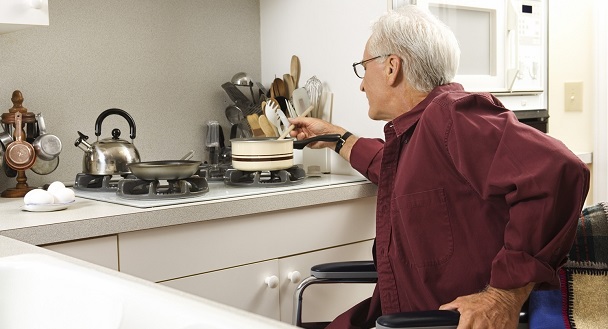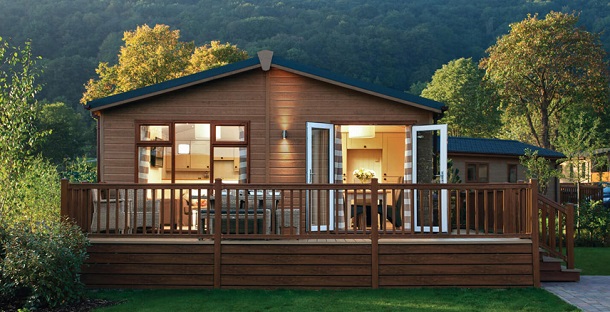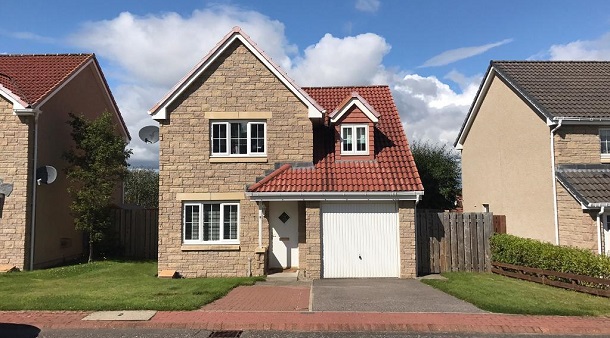
Selling a property is often going to be one of the most significant financial transactions you will make during your lifetime. When it comes to deciding on a final price with your buyer, it can be challenging to negotiate, and the outcome will have a significant impact on how much money you will receive from the sale.
To make sure you are getting the best price for your home, it helps to know a bit about how to negotiate a house sale, and these tips will help you to negotiate the sale of your home effectively.
Know What Your House Is Worth
Before you put your property up for sale, you should get three independent valuations from various estate agents to get a good idea of what your home is worth. A decent local estate agent will have a huge amount of knowledge about the local area and recent sale prices of similar properties to help give an accurate valuation.
If all three valuations come up with a similar figure for your home, then it is probably a fairly accurate indication of what it is really worth. Once you’ve got a realistic valuation of your property, then you will be better positioned when you receive an offer to know if it is fair or if you should be pushing for a higher price.
If your home has already been on the market for quite a long time then it might have an incorrect asking price. If you aren’t sure your estate agent valued your home correctly, then it could be worth getting a chartered surveyor in for a second opinion.
Stick To Your List Price
Once you have a realistic valuation of your home and know what it is really worth in the current market, then stick to this list price. Buyers will expect a back and forth negotiation when they are buying a property, so they will almost always give an initial offer that is lower than your list price and also lower than they are willing to pay.
It is common for most sellers to then counteroffer with a price lower than their list price and close to the buyer’s offer because they are worried they’ll lose the sale. While this strategy might get your home sold, it might not be for the best price you could get. Instead of dropping your price, stick to your list price.
Some buyers might be turned off by this strategy of sticking to your list price, but it saves you wasting time on buyers who will only submit low offers and are just looking for a bargain property.
Try To Start A Bidding War
After you initially list your house for sale, schedule an open house for a few days later. You should refuse to entertain any offers at all until after the open house and make any potential buyers wait until after the event. This will result in all the potential buyers expecting there to be a bit of competition for the property, and they may place higher offers as a result. Even if you only get one offer, the other prospective buyers won’t know that.
If you do get multiple offers from your open house, go back to the top bidders and ask them to give their best and highest offers that they are prepared to pay. If they are serious about the property, they may increase their original offers if they think there is tough competition.
Set Expiration Dates For Counteroffers
If you submit a counteroffer to a potential buyer, then you are entering a legally binding negotiation with them. You will not be able to accept a better offer if it comes along after you have made a counteroffer. Put a short expiration timeline in place for your counteroffer to push the buyer into making a decision. This means you can either get on with the sale and get your home under contract or move on and look for another buyer.
You should also push buyers to make a decision on counteroffers quickly because while the offer is outstanding your home is basically off the market. If the deal does fall through, then you’ve added to the number of days your home has been on the market for. The longer your home is on the market, the less desirable it will appear to other buyers.



